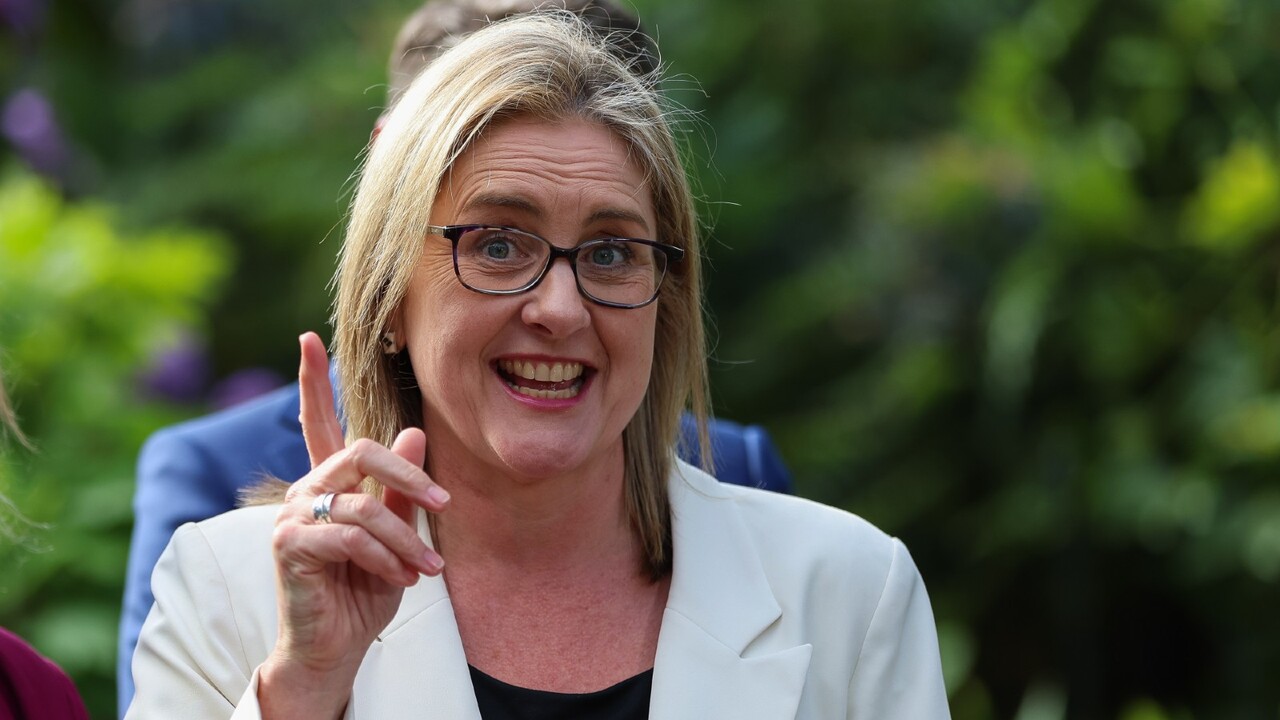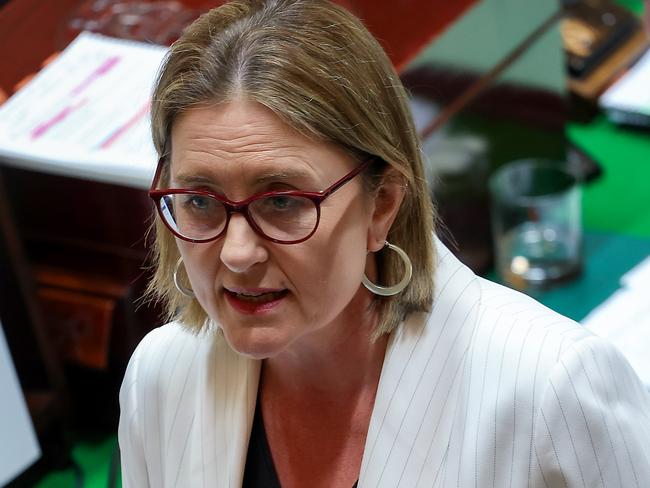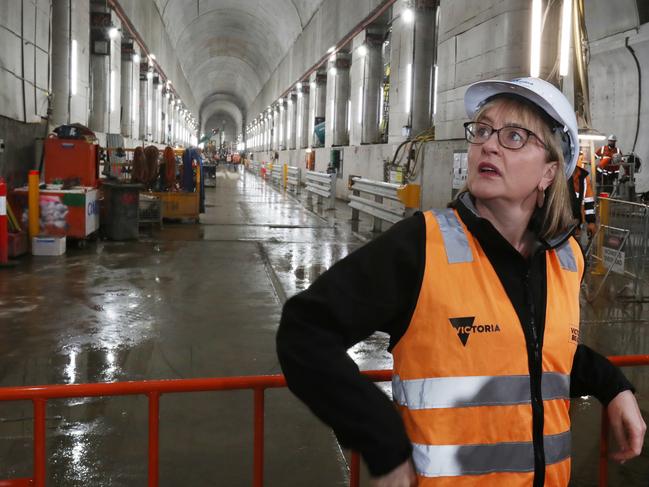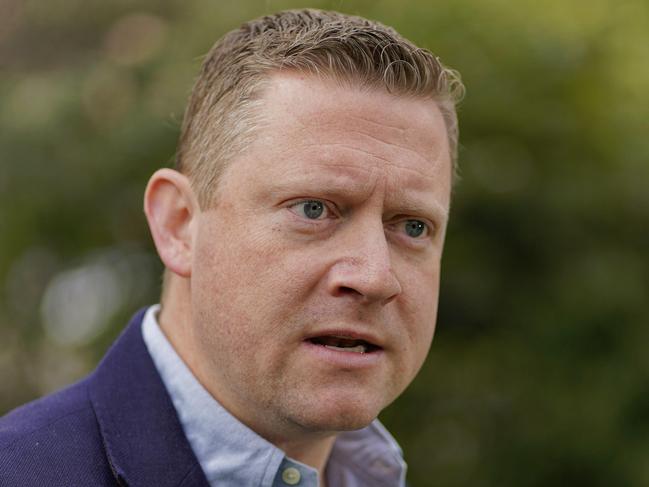Victoria’s fast-rising debt puts state’s future at risk, watchdog warns
Record debt is threatening Victoria’s prosperity and economic stability, the state’s financial watchdog has warned, and it says the Allan government lacks a sound strategy to manage it.

Victoria
Don't miss out on the headlines from Victoria. Followed categories will be added to My News.
Record debt is posing a significant risk to Victoria’s future prosperity and economic stability, the state’s financial watchdog has warned.
In a new financial report the Victorian Auditor General’s Office (VAGO) has warned debt levels approaching $200bn could have long-term impacts on taxpayers and service delivery.
And it has warned the government’s “reactive” approach to financial management are failing to properly address emerging financial risks.
Government forecasts predict net debt to grow to a record $187.8bn by 2027-28, but its latest budget update revealed debt was rising much faster than anticipated.
The VAGO report, published on Friday, warned Victoria was lacking a long-term strategy to manage the debt and associated risks.

“While strategies and objectives are in place, the state has not articulated a clear plan for long-term fiscal management,” it said.
“Current strategies are short term, reactive and do not address both the existing financial challenges and emerging financial risks that we comment on further in this section.
“A more comprehensive approach is needed to ensure long-term fiscal sustainability and proactive management of the state’s finances.”
The report called for a well-defined long-term plan to provide a clear framework for government decision-making and the proper allocation of public resources.
“It will also enable ongoing monitoring and assessment, helping the government uncover risks to financial health and adapt accordingly,” it said.
“The government can also use the plan to transparently report its progress, remaining accountable to managing fiscal sustainability of the state.”

Over the past five years the state has accumulated $48bn in losses.
While the VAGO report attributed $31.5bn of that to its Covid-19 response, $16.5bn was attributed to providing ongoing public services.
A $2.4bn increase in employee expenses and interest expenses of $1.7bn on borrowings was also blamed for a $2.7bn rise in overall operating expenses to $97.3bn.
General Government Sector debt rose from $33.4bn in 2014 to $168.8bn, with COVID-19 and the government’s Big Build program, and unplanned cost overruns, blamed.

“Using debt to fund investment in intergenerational infrastructure is common,” the report said.
“It enables the government to allocate resources and invest in long-term projects that the taxpayers might not otherwise afford today.
“However, a higher and unsustainable level of public debt can pose a significant risk to future prosperity and economic stability.
“If not managed in a fiscally sustainable and responsible manner, debt imposes a direct cost on taxpayers both now and in the future.”
Shadow Treasurer Brad Rowswell said the report confirmed the challenges facing Victoria’s economy were both immense and growing.
“Under Labor, debt is growing by $80m a day, operating deficits are set to continue for years to come and growing interest repayments are draining vital funds from frontline services,” he said.
“Labor cannot manage money, cannot manage our economy and Victorians are paying the price.”
Australian Industry Group chief Innes Willox said the report made for “diabolical reading”.
“Just when you thought things in Victoria couldn’t get much worse, along comes this report which makes clear the State’s financial position is deteriorating by the day with no plan to fix it,” Mr Willox said.
“High taxes, charges and levies, project cost overruns, uncertainty over energy supply and ever increasing regulations are making more and more businesses rethink possible investments and even their future in the State.
“It is becoming more likely that Victoria will need some form of federal assistance in the future to pay its way.
“The state is now clearly the sick economy of Australia, needing intervention to help it return to health.”
However Anthony Walker, an analyst at credit agency S&P Global Ratings, said federal intervention was not yet required.
“We don’t believe Victoria requires, or is likely to seek, extraordinary Commonwealth support or a bailout,” he said.
“Victoria continues to enjoy strong access to global capital markets.
“Victoria’s rating of AA, while lower than domestic peers, is still high on a global scale.
“It is underpinned by the state’s wealth economy and Australia’s institutional settings.”



